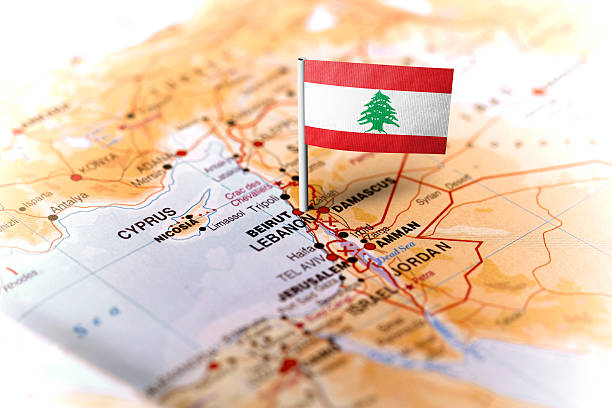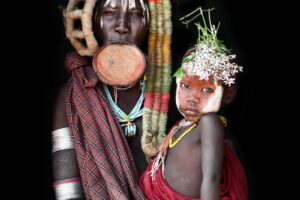The state of Lebanon, officially known as the Lebanese Republic, is a country located in the Middle East on the eastern shore of the Mediterranean Sea. It is bordered by Syria to the north and east, and Israel to the south. Beirut is the capital and largest city of Lebanon.
Lebanon has a rich history, with a diverse cultural and religious heritage. It has been influenced by various civilizations over the centuries, including the Phoenicians, Romans, Ottomans, and French. The country is known for its stunning landscapes that range from mountains to beaches.
Lebanon has faced numerous challenges, including political instability, civil conflict, and economic difficulties. It is characterized by a complex sectarian political system, which reflects the diversity of its population that consists of various religious groups, such as Christians, Muslims, and Druze.
The Lebanese economy has historically been diverse, with sectors like banking, tourism, and trade being significant contributors. However, the country has faced economic hardships, including high public debt and unemployment rates.
In recent years, Lebanon has faced significant political and economic crises, leading to widespread protests and social unrest. The explosion in Beirut’s port in August 2020 further exacerbated the challenges the country was already facing.
Overall, Lebanon’s history, culture, and geopolitical position make it a unique and complex nation in the Middle East, with both opportunities and obstacles shaping its present and future.



















Add Comment